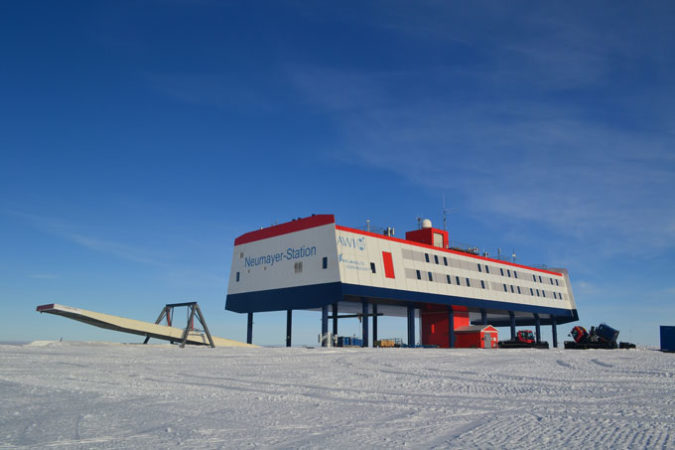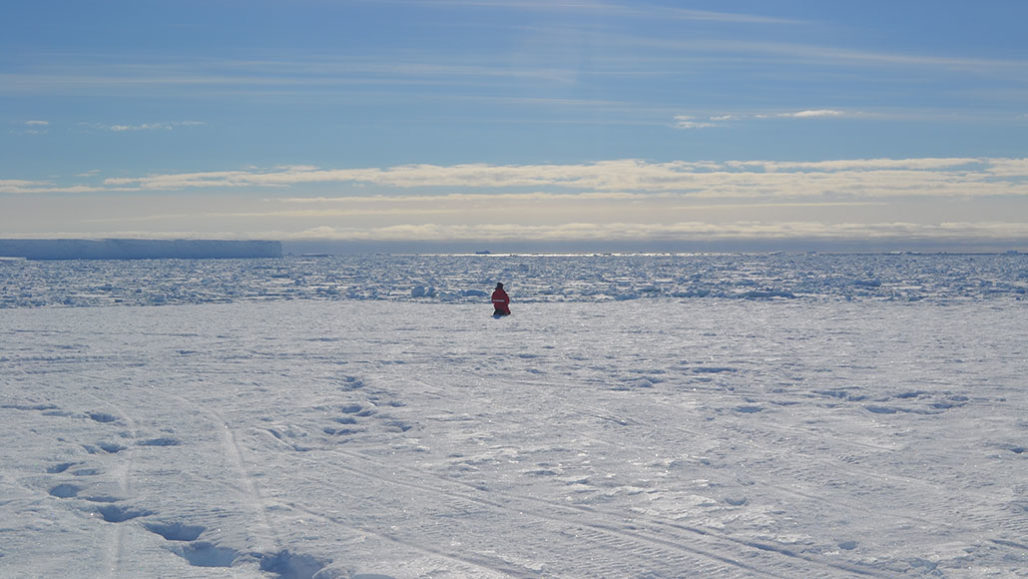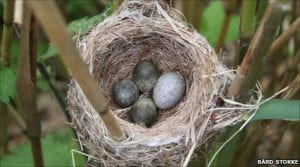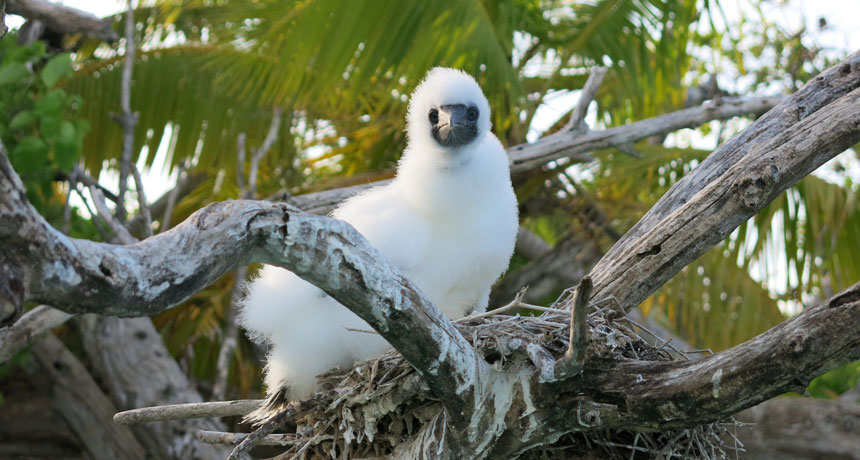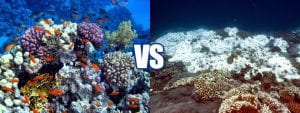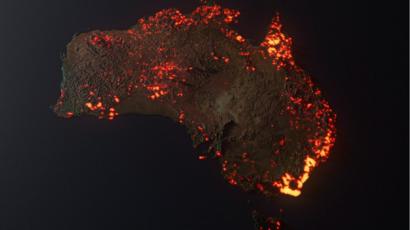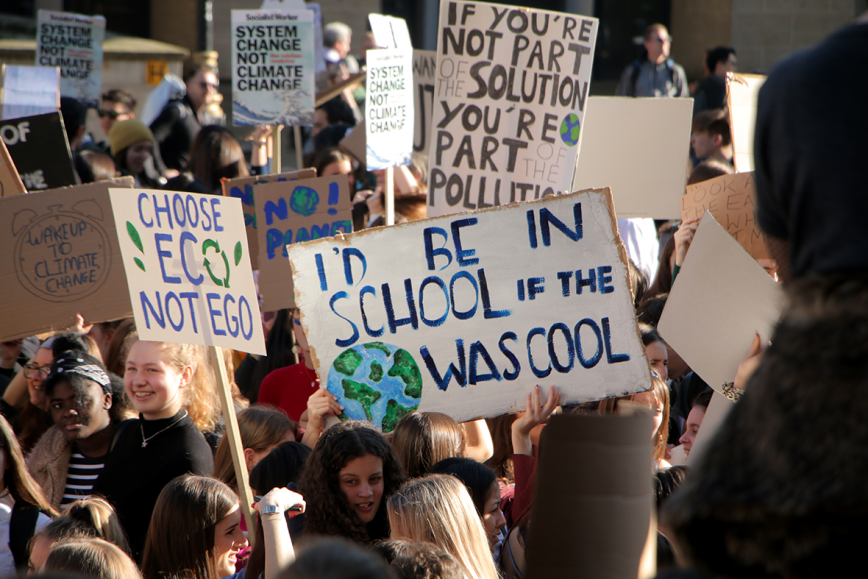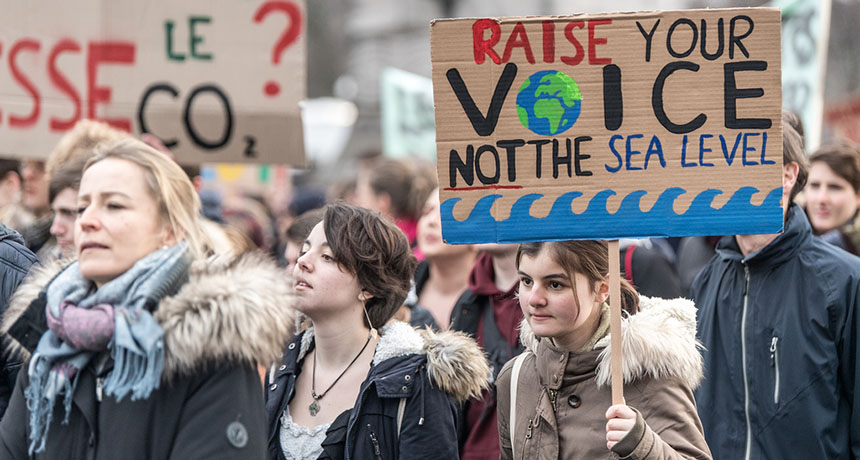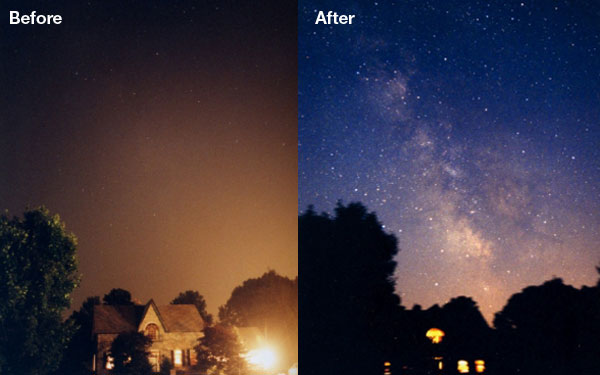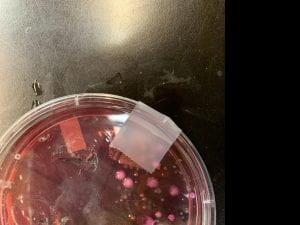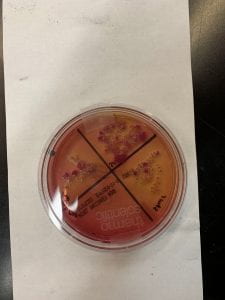Last week I read an article about shrinking brains. In Antarctica, a small study showed that all the scientists who were living there had shrunken brains. Their brains shrank for a few different reasons. One of them was because of the landscape of Antarctica. It’s big, white, and cold. There’s not much excitement or change in Antarctica. This lack of change caused a lack of stimulation, which over time shrank the scientists brains. Another thing that caused brain shrinkage was the fact that a lot of the time Antarctica was around -58 Fahrenheit. This meant that all the scientists were forced to stay inside. Staying inside 24/7 helped shrink their brains because they were isolated, and the only entertainment they had was whatever they brought with them to Antarctica. Most of it was probably boring stuff, like coats, gear, and toiletries. Even though a shrinking brain sounds irreversible, it can easily be reversed with lots of stimulation, socializing, and exploring.
I chose this article because I didn’t know that brains could shrink. I thought that they just grew with you, and when you stopped growing they did too. I wanted to know if a brain can shrink, could it also grow? I found out that it could grow back to it’s original state, but I still didn’t know if it could grow bigger than that. This article is important for society because with the corona virus, a lot of people will be stuck inside without a lot of stimulation. This could cause a lot of brain shrinkage. This article could stop the person who reads it from getting a shrunken brain. The person who reads this will learn about how being stuck inside can shrink your brain, and then that person will either try and prevent that from happening, or they’ll ignore the article. If people listen to the article, a lot of them will be saved from the risk of small brains. Side effects of small brains are bad memory, and bad navigation skills. A study showed that rats who lived alone had a harder time learning, while rats who lived together learned quicker and easier. The scientists who held this study don’t know for sure if the same fact goes for humans, but there is a good chance that it does.
How long can a person go without stimulation before their brain starts shrinking? How small can someones brain get? How big can a person’s brain get?
